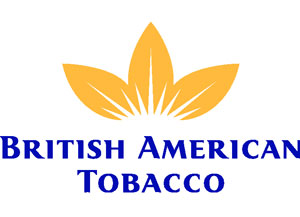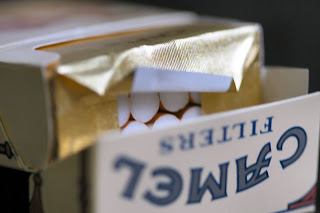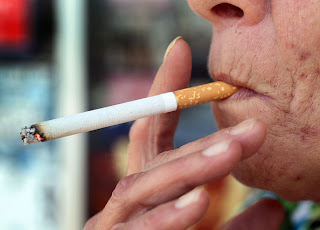
Australia is poised to become the first nation to require tobacco products to be sold in plain packages, and other countries will follow suit and crimp earnings of companies like British American Tobacco.
Laws passed by the lower house on Thursday and due in the Senate next month will ban logos and colour variations on cigarette packets.
Packets will have to be olive green and carry health warnings within six months from January 1 next year.
“Other countries will follow,” said Anne Jackson, the chief executive of Ash Australia, a non-profit lobby group funded by Cancer Council Australia and the Heart Foundation. “This is a light shining the way for others to do the same and many countries are already considering it.”
Health Minister Nicola Roxon announced the move last April, along with a 25 percent tobacco tax increase and a A$85 million (R643m) advertising campaign to combat smoking, which the government says kills 15 000 Australians each year. Companies have since introduced their own advertising campaigns and legal actions against the move.
This week British American Tobacco lost an appeal for the release of Australian government documents the company said would help it fight the law. The company plans to ask the Australian High Court to review the ruling.
The company would next take its case to the Parliamentary Legal and Constitutional Affairs Committee, with a hearing scheduled for September 13, Scott McIntyre, a spokesman for the tobacco company, said.
So far the focus had been on the health aspect of the legislation, he said.
“There are a lot of issues outside of health that have to be looked at,” McIntyre said. “There are serious repercussions here. The tobacco company will pursue the case in courts, seeking billions of dollars in damages, if the law is enacted.”
Smoking costs Australia about A$31 billion a year in health and workplace costs, according to the government.
With 15.1 percent of the population aged 14 or over smoking daily, it was the country’s top drug and preventable health issue, the government said.
“There isn’t any safe amount of tobacco you can smoke,” Roxon told Channel Ten television. “It will kill you eventually and we obviously want to make sure the message is loud and clear.”
The tobacco companies say the bill is a breach of the Australian constitution, since plain packaging exceeds the Commonwealth’s acquisition powers. They said they would seek damages for losing the right to use their trademarks, which they claim the government was seizing illegally.
“This would clearly undermine the value of manufacturers’ trademarks and destroy the goodwill built up over many years in consumer brands,” British American Tobacco said in a June 6 submission to the government. “Plain packaging will frustrate brand identification and consumer choice, making smuggled branded products more acceptable to consumers.”








